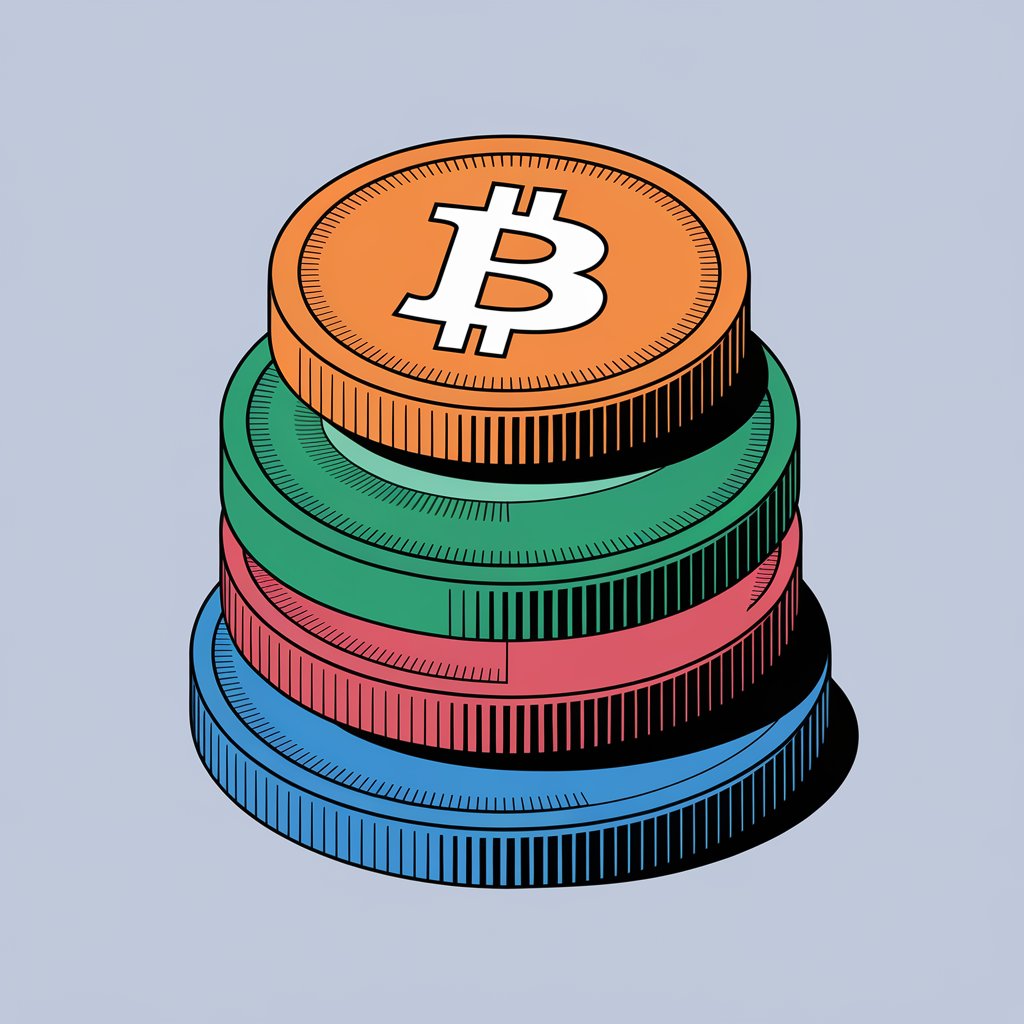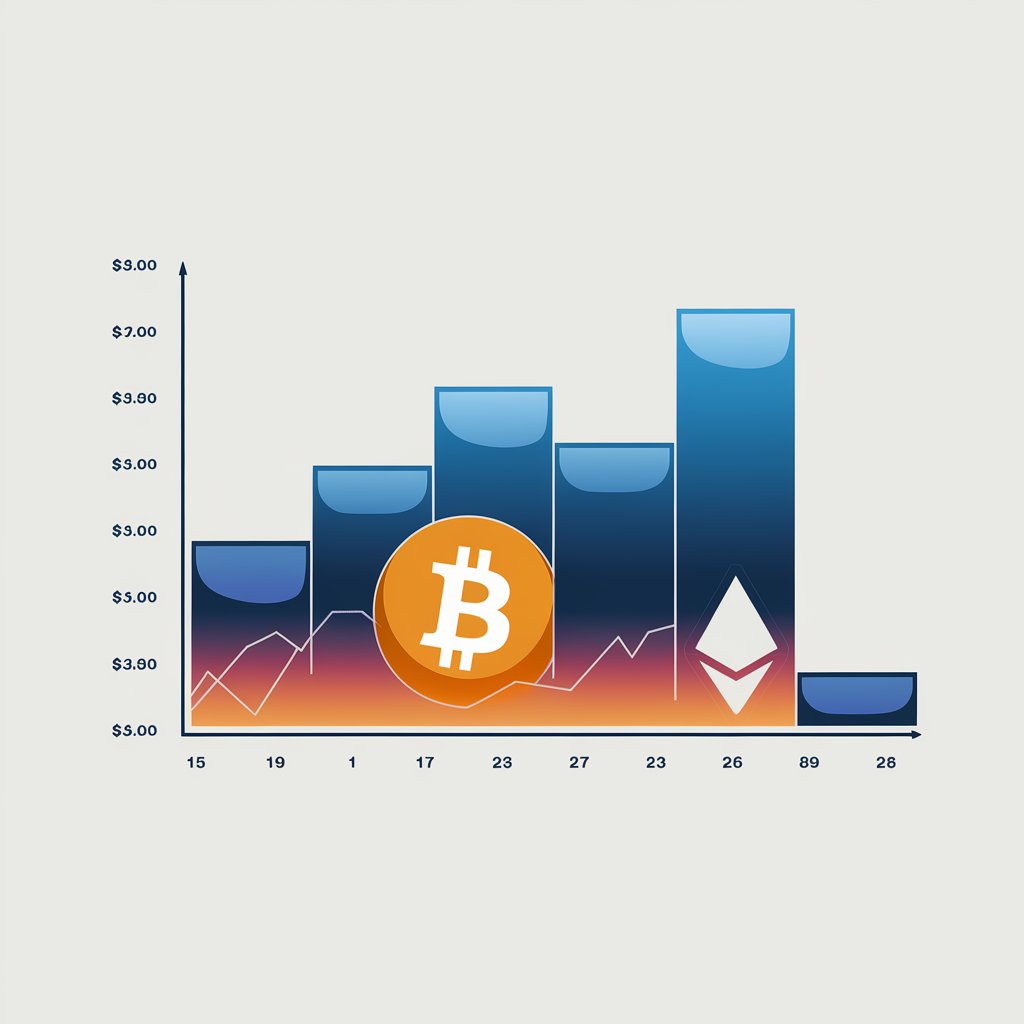If you’ve ever thought about diving into the world of cryptocurrencies, you’ve likely heard the term cryptocurrency wallet.
But what is a cryptocurrency wallet, and why is it so important?
In this guide, we’ll break it down for you, step-by-step, to help you understand not just what a crypto wallet does but also how to pick the perfect one for your needs.
What is a Cryptocurrency Wallet?
Imagine you have a wallet in your pocket. Inside, you store cash, credit cards, and perhaps a few receipts.
A cryptocurrency wallet is similar, but instead of holding physical cash, it holds digital assets—your cryptocurrencies.
In simple terms, a cryptocurrency wallet is a tool that allows you to store and manage your digital assets like Bitcoin, Ethereum, or any other cryptocurrency you might own. But it’s not just about storage; the wallet lets you send and receive funds, keep them safe, and interact with blockchain networks.
However, unlike a physical wallet, a crypto wallet doesn’t “store” the actual coins. Instead, it stores your private keys—essentially, the digital passwords that give you access to your cryptocurrencies.
When you own a cryptocurrency like Bitcoin or Ethereum, you don’t actually have a coin in your pocket. Instead, you own a record on a blockchain, a digital ledger that keeps track of who owns what. Your wallet provides the tools you need to interact with that blockchain and verify that you are the rightful owner of your coins.
Why Do You Need a Cryptocurrency Wallet?
In a nutshell, a cryptocurrency wallet is essential because it lets you access, send, and receive your crypto. Here’s a bit more on what it helps you do:
- Store and Secure Crypto: Just like a bank account holds your money, your crypto wallet holds your digital assets safely.
- Send and Receive Crypto: You can send coins to others and receive them with the unique wallet address.
- Access Your Private Keys: Your wallet gives you access to the private keys that protect your cryptocurrency. Without them, your coins are locked.
- Interact with Blockchain: A wallet is your gateway to the blockchain. With it, you can interact with various cryptocurrency networks and decentralized applications (dApps).
Types of Cryptocurrency Wallets: Which One is Right for You?
There are several types of crypto wallets, each with its own features, security levels, and use cases. Let’s go through them one by one, so you can figure out which one might suit your needs best.
1. Hardware Wallets
A hardware wallet is a physical device that stores your private keys offline. Think of it as a tiny, secure USB stick specifically designed for crypto. This type of wallet is highly recommended for those who hold large amounts of cryptocurrency because it’s considered one of the safest options.
2. Software Wallets
These wallets are applications you download to your phone, computer, or tablet. They come in two forms:
- Desktop Wallets: Installed on your computer, these wallets give you full control but can be vulnerable to viruses or malware.
- Mobile Wallets: Downloaded as apps, these are perfect for on-the-go transactions and are highly accessible. However, losing your phone without a backup can mean losing access to your funds.
3. Paper Wallets
A paper wallet is one of the most basic and secure ways to store crypto. It’s essentially a piece of paper with your private keys and public keys printed on it. However, keeping it safe can be a challenge—spill coffee on it or lose it, and your crypto could be gone forever.
Why Does Choosing the Right Wallet Matter?
Selecting the right wallet is critical. If you’re storing a small amount of crypto for everyday transactions, a mobile wallet could be a good choice. If you’re investing a significant amount for the long term, a hardware wallet might be worth the investment. Here are a few considerations to help you make the best choice.
- Security First: Not all wallets are created equal. Wallets vary in security levels depending on their type and how they store private keys. Hardware wallets are known for being extremely secure since they keep your keys offline, away from hackers. On the other hand, online wallets (or “hot wallets”) are connected to the internet, making them more vulnerable to cyber attacks.
- Ease of Use: Are you comfortable with technology? For beginners, software wallets that have intuitive interfaces are a great starting point. For those more technically inclined, hardware wallets or even paper wallets could be appealing.
The Story of Jake’s First Wallet
Let me share a quick story. Jake, a close friend of mine, decided to dive into crypto investing. After weeks of research, he finally bought a bit of Ethereum. Excited, he set up a mobile wallet on his phone. A few weeks later, he found an investment opportunity in a small altcoin but couldn’t buy it using his mobile wallet. Frustrated, he realized he needed a multi-currency wallet.
Eventually, he invested in a hardware wallet for the coins he wanted to hold long-term. Jake learned that different wallets serve different purposes—and knowing what you need upfront can save a lot of time (and stress). So, what’s the moral of Jake’s story? Think about your crypto goals first and pick a wallet that aligns with them.
How to Choose a Wallet that Fits Your Needs
To simplify things, let’s break down a few key factors to consider when choosing a crypto wallet:
- Security Features: The top priority should always be security. Look for wallets that offer two-factor authentication (2FA) and strong encryption.
- Supported Currencies: Some wallets only support major cryptocurrencies like Bitcoin and Ethereum, while others allow you to store a wide range of altcoins. If you’re interested in diversifying, make sure to choose a multi-currency wallet.
- Accessibility: Decide how often you need to access your funds. For example, if you’re trading daily, a software wallet might be best. If you’re saving long-term, look at cold storage options like hardware wallets.
- Cost: While some wallets are free, others, like hardware wallets, come with a price. Make sure the features justify the cost based on your needs.
Interactive Tips for Wallet Safety
Hover over each tip to reveal more information!
- Always Back Up Your Wallet: Most wallets provide a seed phrase—a set of random words that allow you to restore your wallet if you lose access. Store this phrase in a safe place.
- Avoid Public Wi-Fi for Transactions: When using a hot wallet, avoid transacting over public Wi-Fi to reduce the risk of hacking.
- Keep Your Software Up-to-Date: Wallets with regular security updates are more reliable. Make sure your software wallet is always updated to the latest version.
Wallet Recommendations
Let’s review some popular wallet options based on user experience and security.
Best for Beginners: Coinbase Wallet
- User-friendly, ideal for people who are new to crypto
- Supports a wide range of coins
- Excellent customer support
Best for Advanced Users: Ledger Nano X (Hardware Wallet)
- High level of security, perfect for holding large amounts of crypto
- Supports a wide range of cryptocurrencies
- Works offline, reducing hacking risks
Best for Mobile Users: Trust Wallet
- Designed for mobile use, making it convenient and accessible
- Offers in-app crypto purchases
- Strong reputation within the crypto community
How to Set Up Your First Wallet
If you’re ready to set up your first cryptocurrency wallet, here’s a simple step-by-step guide:
- Choose a Wallet Type: Decide between hardware, software, or paper wallets based on the considerations we discussed.
- Download the App or Purchase the Device: For software wallets, download from the official website or app store. For hardware wallets, buy directly from the manufacturer.
- Create Your Wallet: Follow the app’s prompts to create your wallet. Most wallets will generate a seed phrase for backup purposes.
- Store Your Seed Phrase Safely: This is crucial. Write down your seed phrase and store it offline.
- Fund Your Wallet: Send cryptocurrency to your wallet address. Most wallets provide clear instructions on how to do this.
Interactive Quiz: What Type of Wallet Is Right for You?
Let’s make sure you’re on the right track! Take a quick quiz to determine which type of wallet suits your needs:
Question 1: How much cryptocurrency do you own?
- A) Just a small amount, nothing major.
- B) I own a large amount and plan to hold it for the long term.
Question 2: How often do you plan to access your crypto?
- A) I need to make quick transactions frequently.
- B) I won’t need to access it often. It’s a long-term investment.
Question 3: How important is security to you?
- A) It’s important, but I’m willing to compromise a bit for convenience.
- B) Security is my top priority; I don’t mind putting in extra effort.
Results:
- Mostly A’s: A software wallet like Trust Wallet or Coinbase Wallet would be perfect for your needs.
- Mostly B’s: A hardware wallet like Ledger Nano X or Trezor is the best choice for securing your assets long-term.
Finding the Right Wallet for Your Needs
Choosing the right cryptocurrency wallet might seem daunting at first, but it’s all about matching a wallet’s features to your personal needs. Whether you’re a long-term investor or a casual crypto user, there’s a wallet out there designed just for you.
Call to Action: If you’re interested in more crypto insights, tips, and expert guidance, consider subscribing to our Your Crypto Digest Newsletter. It’s packed with easy-to-understand resources to help you make the most of your crypto journey.




